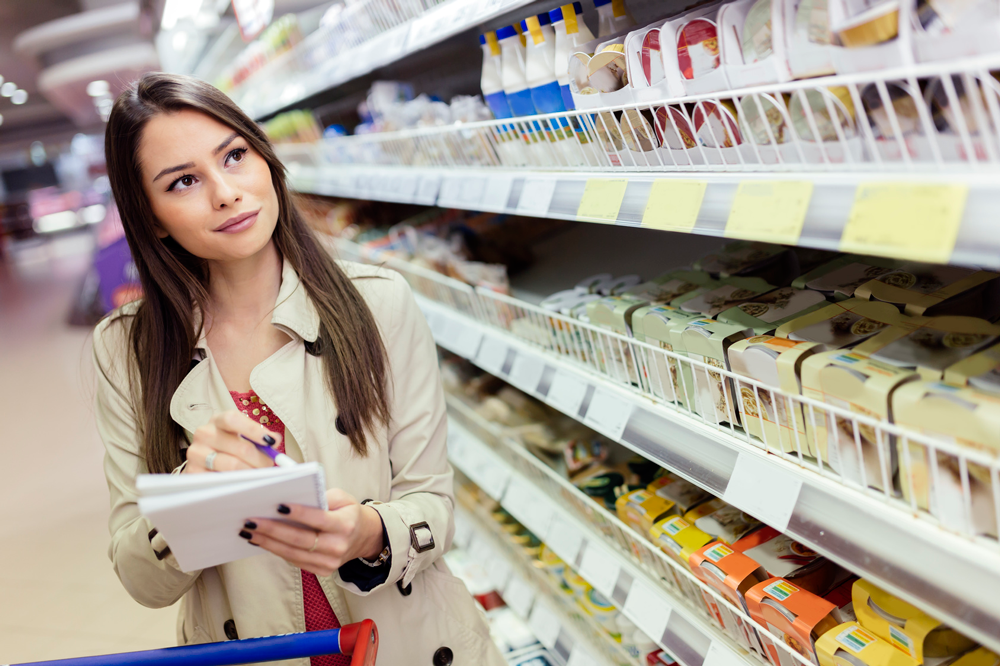The growth of private label products in the food market

The products with private label have been consolidating in the Brazilian market and also worldwide. A survey presented by Kantar Worldpanel indicates that the number of households in Brazil where some private label reached 32.6 million in the last year, which shows a growth of 45% compared to the data presented in the previous six years.
In addition to being an economic strategy for many companies and retailers, private label products are also a more cost-effective alternative for the consumer, with a cost that is up to 55% lower compared to traditional market items.
Currently, the private label sector is growing in several segments of the economy. In the food sector, it is also notable the increase in the supply of private label products, which are those developed and produced by a third party, but marketed with the company’s label.
Blue Macaw Flora is one of the examples in this segment, with the supply of dehydrated fruit granulates in various flavors. “In the last few months, we have experienced a considerable increase in the interest of domestic and international companies in marketing our fruit snacks in our private label model,” said Ana Tovazi, managing partner of Blue Macaw Flora.
Focused on the development of natural ingredients from plants and fruits typical of Brazil, Blue Macaw Flora provides dehydrated fruit granulates in the private label model in the flavors of acai, cupuaçu, passion fruit, banana, lemon and plum. The product can be sold as a snack to the retailer or used by the food industry as raw material in the manufacture of cookies, granolas, breads, cakes, yogurts, among many other items.
An example of a company that adhered to its private label model was Nova Froota, which sells dehydrated fruit snacks produced by Blue Macaw Flora in the European market with its own label. “A great facilitator is that the products are already leaving the factory ready to be sold, packed with the customer’s name and all the standards required by the market in which it will be marketed,” said Marina Salama, managing partner of Blue Macaw Flora.
More advantages in joining the private label
In addition to the growing acceptance of the public in relation to the consumption of private label products, there are other advantages for a company to adhere to this model, rather than to start manufacturing an item internally.
One of the biggest benefits undoubtedly is the economy with development and production costs.
We know that manufacturing a product, anywhere in the world, requires investments in equipment, machinery, supplies and personnel, other than patent, tax and advertising expenses, which are also very high.
As many companies do not have sufficient resources available, the option of owning a brand becomes an interesting and financially viable alternative.
Another point in favor of the private label is the guarantee of the quality of the products. Generally, the developer of the merchandise has already performed several tests, knows the best suppliers and has all the necessary records and patents.
This model of private label offered by Blue Macaw Flora has been a reality for more than a year and has been growing in Brazil and abroad, with customers in several countries, such as the United States, Switzerland and Germany.
To learn more about the Blue Macaw Flora private label model, visit this other article, in which we further elaborate the theme. If there is interest in knowing our private label products, contact us to ask questions and request a quote! See you in the next article!
Sign up to receive news and latest releases
Get the latest news and more! Sign-up for our newsletter.

